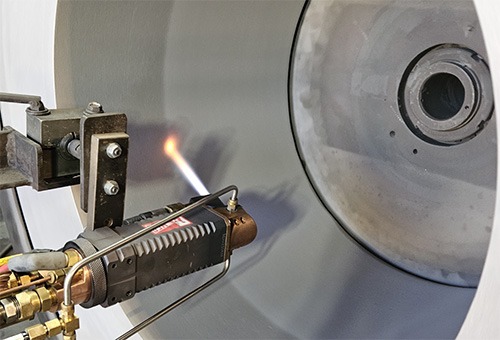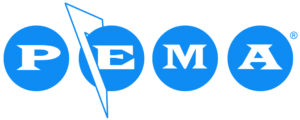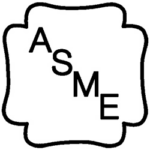HVOF THERMAL SPRAY & HARD FACING in South Carolina
The Premier HVOF High Performance Coating Service In The Southeast.
High Performance Coatings
Trying to balance short-term budget limits with the long-term cost of maintaining your equipment? Before replacing worn components, talk to Palmer Tool. Our HVOF and PTA coating solutions are designed to extend equipment life and help you avoid unnecessary replacement costs. Palmer Tool offers HVOF coating services throughout South Carolina, serving industries that rely on durable, high-performance surface protection.
Our team is experienced in thermal spray, plasma, and custom coatings that protect against chemical exposure, corrosion, and wear in harsh environments. We’re a trusted provider of precision coatings and metal finishing, working with a wide range of metals and parts. From HVOF to plating services, we apply advanced coatings that offer superior durability, thermal resistance, and consistent quality.
Our process helps customers improve equipment reliability, extend part life, and fight off surface damage from corrosion and fatigue. With deep expertise in thermal spray, carbide coatings, and machining, we support demanding industries like aerospace, defense, energy, and manufacturing across South Carolina.
HVOF &
THERMAL SPRAY
Customers in South Carolina, and all of the Southeast depend on Palmer Tool for their High-Velocity Oxygen Fuel (HVOF) coatings.
HVOF is a high-performance thermal spray process used to enhance the surface strength of components, helping extend their lifespan by defending against corrosion and surface wear. Industries that commonly rely on HVOF coatings include chemical plants, mining operations, energy production, oil and gas, cement and asphalt facilities, steel manufacturing, paper mills, hydraulic and pneudraulic systems, recycling machinery, rotary airlocks, and many other heavy-duty applications.
The HVOF process involves feeding a mixture of fuel and oxygen into a combustion chamber, where they are ignited and continuously combusted. The resultant hot gases flows through a converging–diverging nozzle and enters a straight-walled barrel section. A powder feed stock is then injected into the gas stream where it is accelerated through a barrel. The stream of hot gas and powder exits the barrel with a jet velocity exceeding Mach 3.
The resulting jet stream is sprayed directly onto the surface of the component, where it begins to deposit as the powder embeds into the substrate. The tremendous kinetic energy of the powder impacting the surface results in low porosity, high bond strength, compressive residual stress, and relatively low processing temperatures. This allows for temperature sensitive materials such as high strength steels, titanium alloys, and high strength aluminum alloys to be coated without losing their material properties.
HVOF coatings range in thickness from 0.1mm – 0.8 mm (0.030″) or more and offer the benefits of extreme wear and corrosion resistance. Common coating powders include Stellite, Colmonoy, Tungsten-Carbide, Chrome Carbide, Stainless Steels, Inconel, Triaballoy and many other alloys with hardness values ranging from 35 HRC (350HV Vickers) to 71.5 HRC (1200 HV Vickers). HVOF applied Tungsten Carbide is the chosen coating process to replace Electrolytic Hard Chrome Plating for civilian and military aerospace applications. HVOF coatings may also be ground and superfinished to meet all bearing and seal surface finish requirements.
Plasma Transferred Arc (PTA) welding serves a wide range of industrial needs, providing major advantages in industries such as chemical processing, dry bulk handling, mining, energy production, oil and gas, cement and asphalt plants, steel mills, pulp and paper manufacturing, particle size reduction, recycling facilities, rotary airlocks, and other rotating equipment. This precision welding technique applies hard-facing layers to metal surfaces to improve their resistance to wear and corrosion.
Hard-facing in PTA welding can be achieved using superalloy materials like Stellite 6 and Colmonoy 88, available in powder or wire form. In addition to traditional hard-facing applications, PTA can also deposit softer metals and carbide composites, offering customized benefits like enhanced mechanical strength, increased wear resistance, minimized galling, and superior corrosion protection.
The PTA welding process uses a high-density plasma arc, created by ionizing argon gas as it flows through an electric arc, which simultaneously acts as a shielding environment. At the same time, a second electric arc—the transferred arc—provides the concentrated heat required to melt both the base material and the filler.
By carefully regulating the transferred arc, the plasma column achieves temperatures ranging from 14,000°F (8,000°C) up to 32,000°F (18,000°C). As the plasma heats and the molten materials solidify, a metallurgical bond is formed between the base metal and the overlay. Thanks to the highly focused and constricted plasma arc, heat is intensely localized, allowing for complete fusion without excessive thermal distortion to the surrounding material.
PTA is particularly valuable when working with hard-to-process alloys, such as cobalt-based materials and metal matrix composites that cannot be easily fabricated into wire. Compared to laser welding, PTA is typically more economical due to lower equipment and operating costs, and it often provides better performance than methods like GTAW or TIG welding. The process introduces less heat into the workpiece, enabling thinner, high-performance overlays, while powdered alloy options are often more budget-friendly than wired alternatives.
With its ability to produce overlays with low dilution, minimal porosity, and reduced thickness, PTA welding achieves high-quality results, optimizing material usage and greatly minimizing heat-related damage to the underlying metal.
Advantages of Plasma Transfer Arc Welding over other hard-facing processes include…

Limited heat addition to base metal (due to constricted and columnar welding arc combined with high working speed)

Maintain structural quality and metallurgic homogeneity of base metal

(controlled penetration, with precise positioning of weld deposits on a single pass)

High working speed (often 2X – 3X faster than MIG or TIG) reduces heat addition to base metal and lowers operating cost

Better wear resistance due to harder, tougher coatings

Improved corrosion protection due to less porosity
Advantages of HVOF spraying over other thermal spray processes include…

Higher density denser coatings with minimal porosity thanks to faster particle impact during application

Higher density stronger adhesion to both the base material and within the coating layer itself

Higher strength bond lower oxidation levels as a result of reduced exposure to high temperatures during flight

Lower oxide content due to less in-flight exposure time

Retention of powder chemistry due to reduced time at temperature

powder sizes

Compressive residual stress ensuring coating integrity in high stress applications

Better wear resistance due to harder, tougher coatings

Higher hardness due to less degradation of carbide phases

Improved corrosion protection due to less porosity
Coating Services for Aerospace, Manufacturing, and Industrial Equipment
Palmer Tool delivers advanced coating solutions for industries that require durable, long-lasting parts. Our coatings are used on aerospace equipment, oilfield components, turbines, valves, pump housings, and more—helping businesses prevent failures caused by abrasion, chemical exposure, and heat stress.
Companies choose our thermal spray and plating services to protect critical parts and boost performance across operations. Operating out of an ISO-certified facility, we handle both custom and large-scale production with precision, meeting tight tolerances and delivering consistent, reliable results.
We service all of the cities in South Carolina: Fort Mill, Greenville, Rock Hill, Columbia, Charleston, Powdersville, Spartanburg, Hilton Head Island, Baxter Village, York.
PLANT SHUTDOWNS &
AFTER-HOURS EMERGENCY SUPPORT
Certified Professsionals
Certified Professsionals

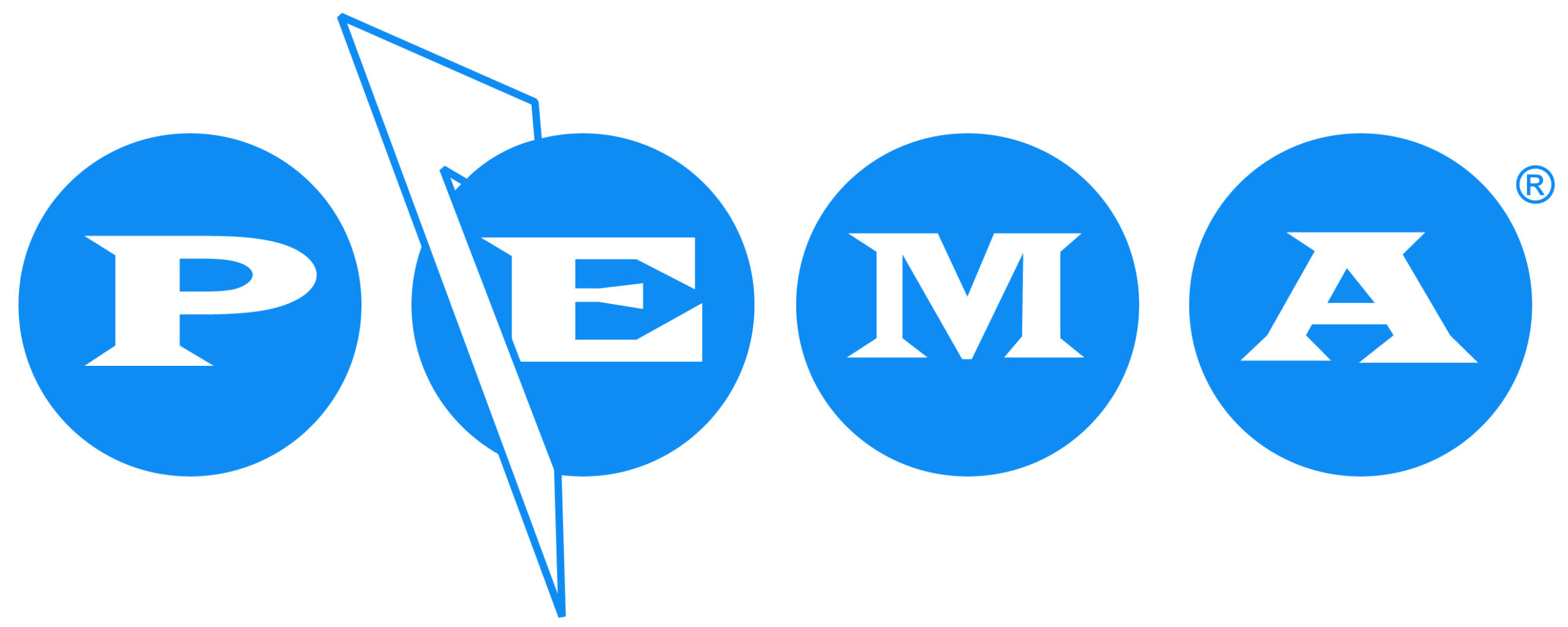


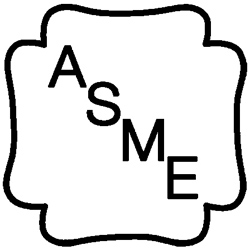

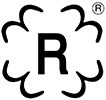

Trusted by Industrial Partners ...
They are great people to deal with high quality workmanship
- Mike Corbitt
Get A Quote


